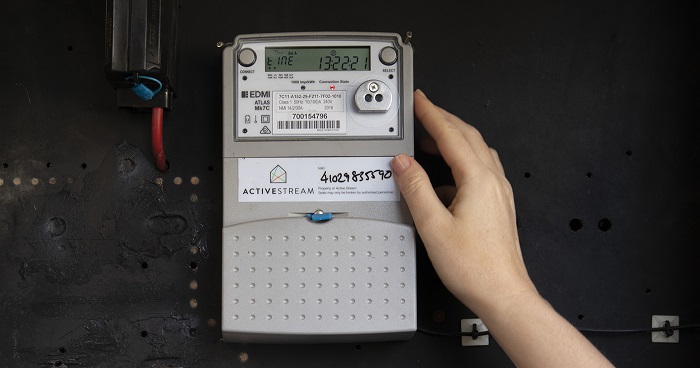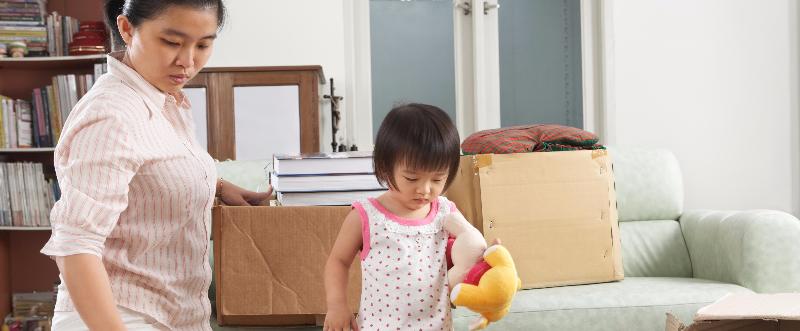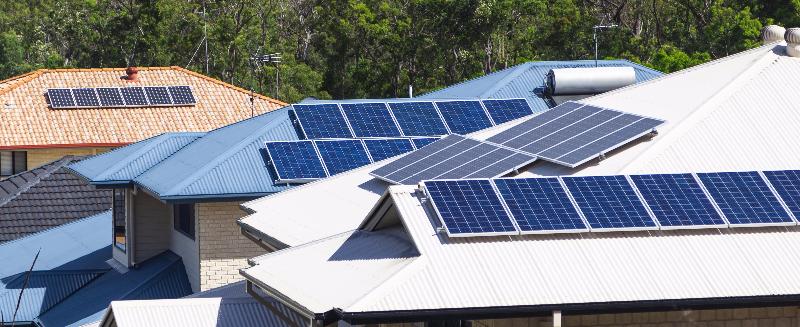As part of the NSW's plan to roll out smart meters to all customers by 2030, all new electricity meters installed for residential and small business customers in NSW need to be advanced smart meters. The older-style non-digital basic or accumulation meters (also known as legacy meters) will be phased out and replaced with smart meters over time.
What does this mean for you?
- energy retailers are responsible for installing meters for residential and small business customers
- smart meters will be installed whenever new or replacement meters are needed
- retailers will systemically replace legacy meters according to Legacy Meter Replacement Plans between 1 December 2025 and 30 November 2030
- most people won’t need to take any action to get a smart meter – your energy retailer will contact you at least four business days before the smart meter is installed
- customers can't opt-out of having their meter exchanged.

For more information on metering, visit:

Benefits of smart meters
More frequent usage data
Smart meters provide information about electricity usage at least every half hour. This gives you the opportunity to monitor your usage and make changes to reduce your usage.
No more estimated usage readings
Smart meters can be read remotely, so your retailer should generally not have to bill you on estimated meter data. If you have a smart meter and you get an estimated bill, contact your retailer to ask why.
Choose how often you get your bills
You can request bills monthly, making budgeting easier.
Faster switching and transfers
Smart meters make it quicker and easier to switch retailers when moving house. However, the NSW Government has placed a temporary moratorium on remote connections and disconnections because of safety concerns.
Things to be aware of
Time of Use (TOU) tariffs
Smart meters allow retailers to introduce TOU charges. If you can choose when to use your appliances, especially large ones like pool pumps, clothes dryers, dishwashers etc, you may be able to reduce your energy costs on a TOU tariff. Read more about tariffs on the Energy Made Easy website.
You do not have to go onto a TOU contract just because you have a smart meter. However, individual retailers may only offer TOU contracts, so you may need to change retailers to retain a flat rate.
Mobile signal needed for remote connections
Smart meters use the mobile phone network to transmit a signal. If you live in an area with weak or no mobile signal you may not be able to get the advantages of remote reads and automatic connections.
Timeframes for meter installations
If you've requested a new meter or are having your old meter replaced, your retailer must install the new one by a date agreed with you. If no timing can be agreed, they must install the meter within 11 business days at a new connection, or within 20 business days if you've requested a meter replacement. There are penalties for retailers that do not meet these deadlines. Read more on meter installation timeframes.
For more information about smart meters visit the AER website.









